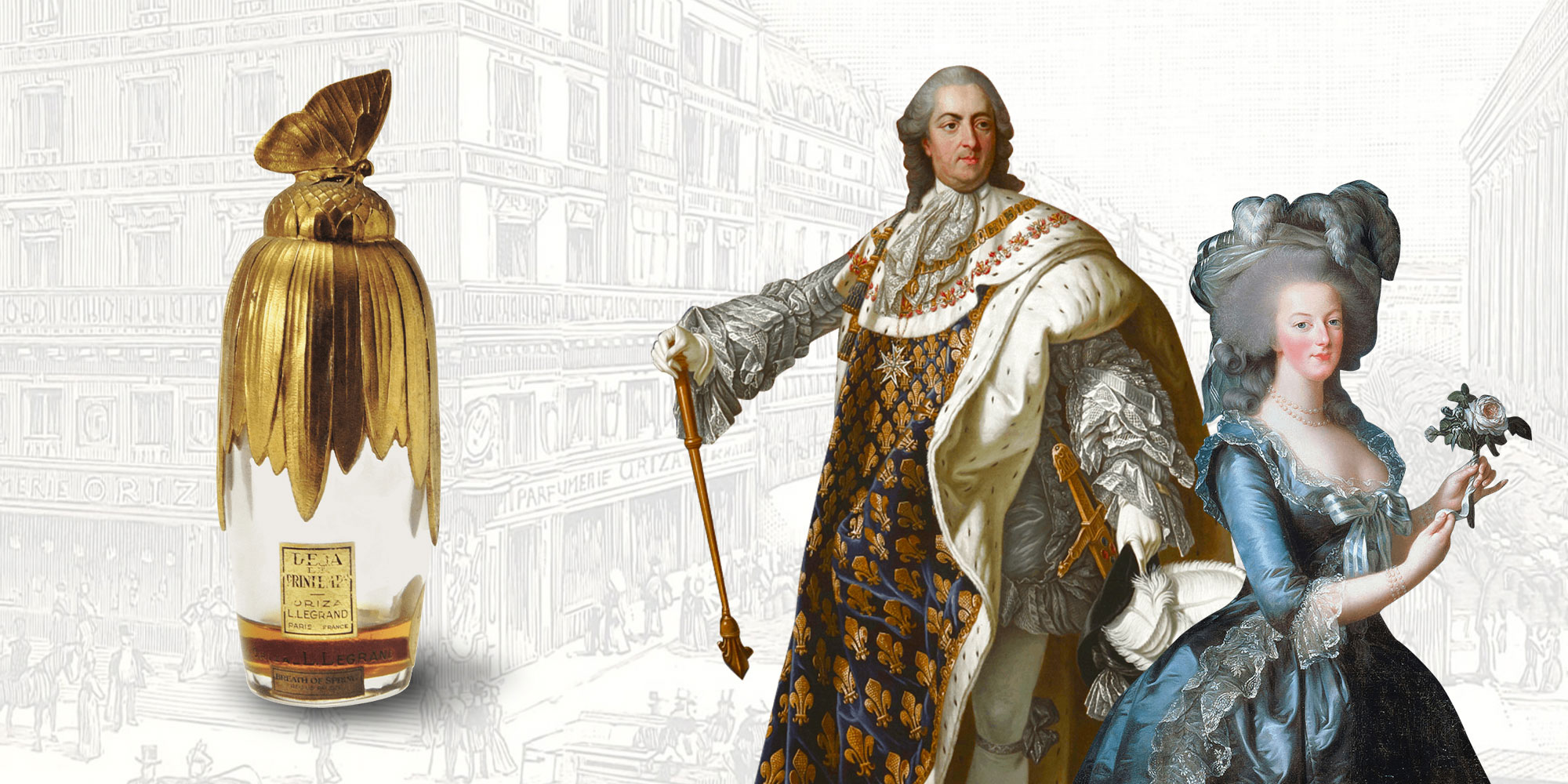
Paris and perfume have a deeply intertwined history, with the city often hailed as the global capital of fragrance. Here's a look at how Paris became synonymous with the world of perfume:
Ancient Roots
The concept of perfume dates back to ancient civilizations, including Egypt, Mesopotamia, and Persia, where fragrances were crafted from natural ingredients for religious and personal use. The word "perfume" itself originates from the Latin "per fumum," meaning "through smoke," referring to the burning of fragrant materials.
Perfume in France: The Middle Ages and Renaissance
Perfume arrived in France through trade routes and saw significant growth during the Middle Ages. The French aristocracy embraced fragrances to mask unpleasant odors (as sanitation was poor), and perfumes became a symbol of wealth. The art of perfumery truly took off during the Renaissance when Catherine de Medici married King Henry II of France in the 16th century. Medici, originally from Italy, brought her perfumer, Renato Bianco, to the French court, where he crafted scents for the elite. This move helped establish a foundation for perfume making in France.
Grasse: The Perfume Capital of France
By the 17th century, Grasse, a town in southern France, became a leading center for perfume production. Originally a center for tanneries, Grasse pivoted to perfume production due to the region’s abundance of flowers, like jasmine, rose, and lavender, which were well-suited to fragrance making. This laid the groundwork for France’s perfume industry, with Grasse providing raw materials and Paris housing the major perfumers.
The Golden Age of Perfume: 18th and 19th Centuries
During the 18th century, King Louis XV's court was known as “le cour parfumée” (the perfumed court) due to the widespread use of fragrances in Versailles. Perfume became more widely accessible to the public by the late 18th century, though still primarily used by the upper classes.
The 19th century brought significant advancements in the chemistry of perfumes, as synthetic ingredients began supplementing natural ones. This allowed perfumers to create more complex scents and spurred the development of iconic Parisian fragrance houses. The industry continued to flourish, with renowned brands like Guerlain, founded in 1828, paving the way for Paris to become the center of luxury perfumery.
20th Century: Paris as the Capital of Perfume
By the 20th century, Parisian perfume houses like Chanel, Dior, and Yves Saint Laurent became world-famous, each releasing iconic scents that defined eras. In 1921, Chanel No. 5 debuted, created by Coco Chanel and perfumer Ernest Beaux. It became one of the most famous perfumes in history, symbolizing French elegance and luxury.
The launch of the International Perfume Museum in Grasse in 1989 marked France's acknowledgment of the cultural importance of perfume, attracting enthusiasts and highlighting France’s central role in the perfume industry.
Paris Today: A Perfume Mecca
Today, Paris remains a major destination for perfume lovers. The city is home to renowned perfume boutiques, artisanal perfume houses, and flagship stores for brands like Guerlain and Fragonard. Paris Fashion Week often coincides with perfume launches, blending the worlds of haute couture and fragrance. The city continues to set trends, influence global perfume markets, and foster new generations of perfumers who blend tradition with innovation.
In essence, perfume in Paris evolved from a luxury of royalty to a defining aspect of French culture and a worldwide symbol of elegance, artistry, and refinement.